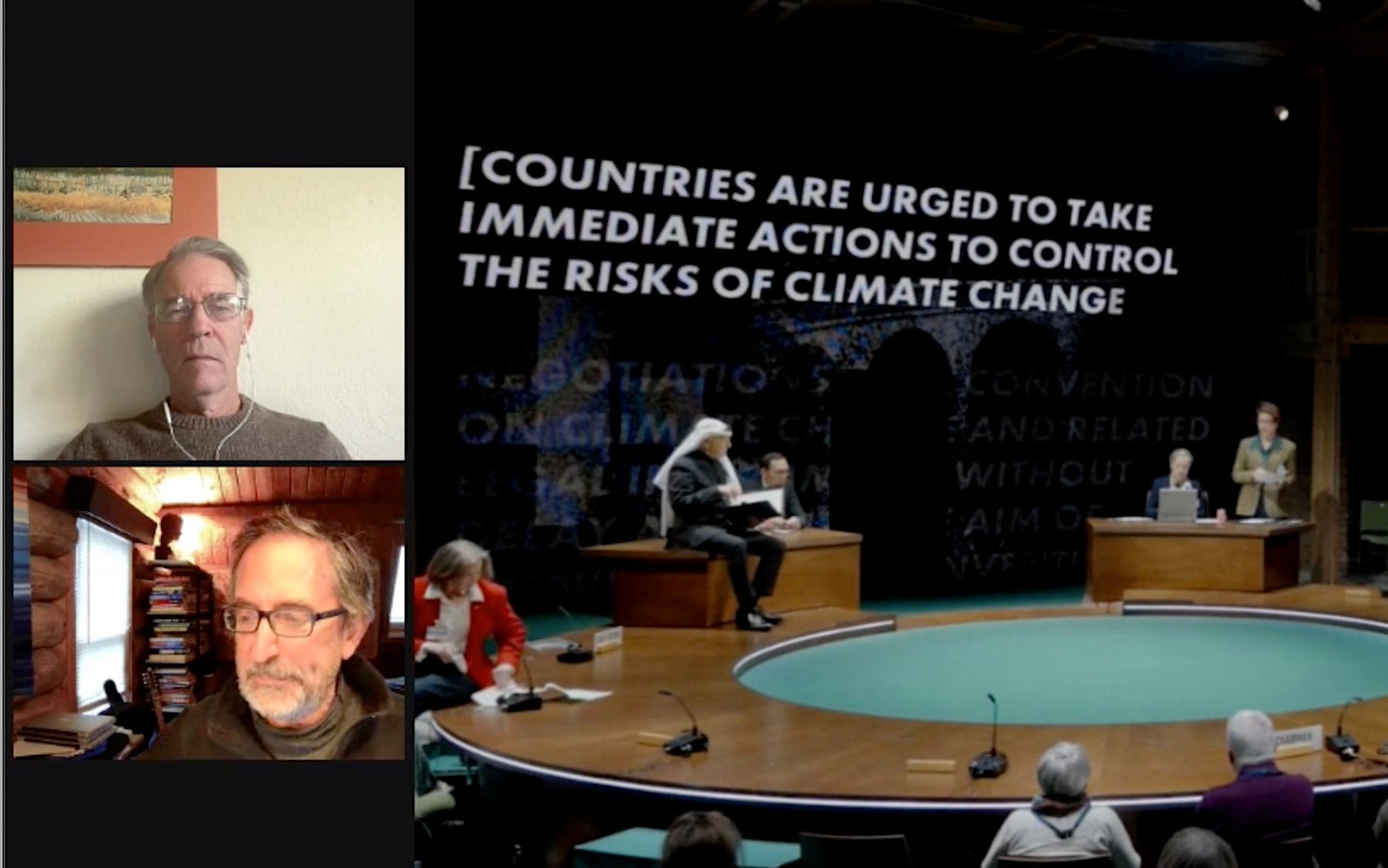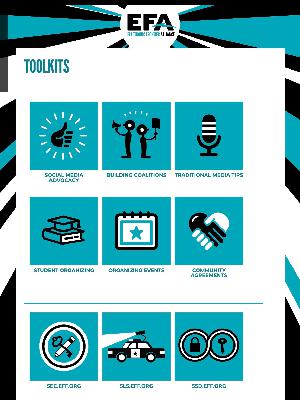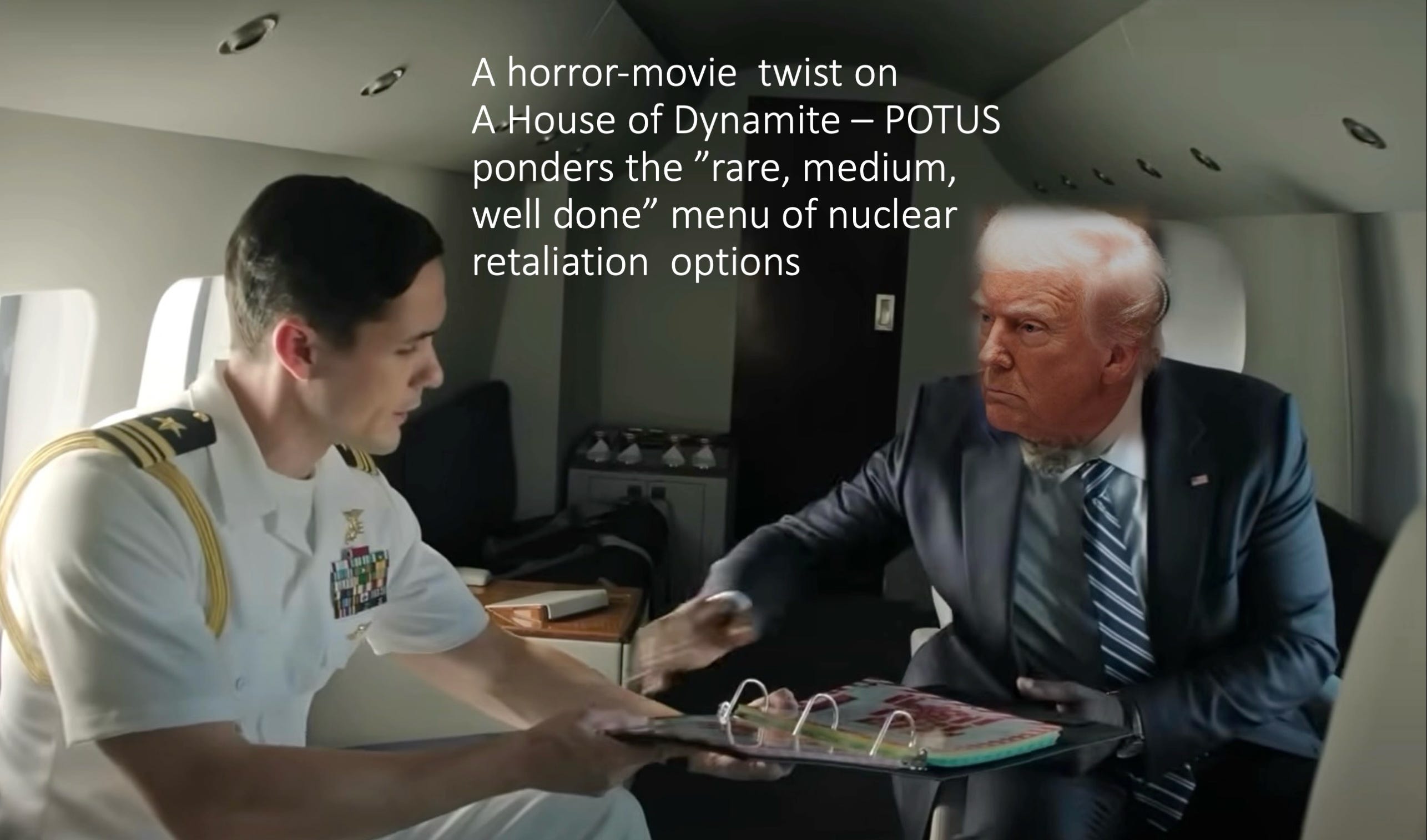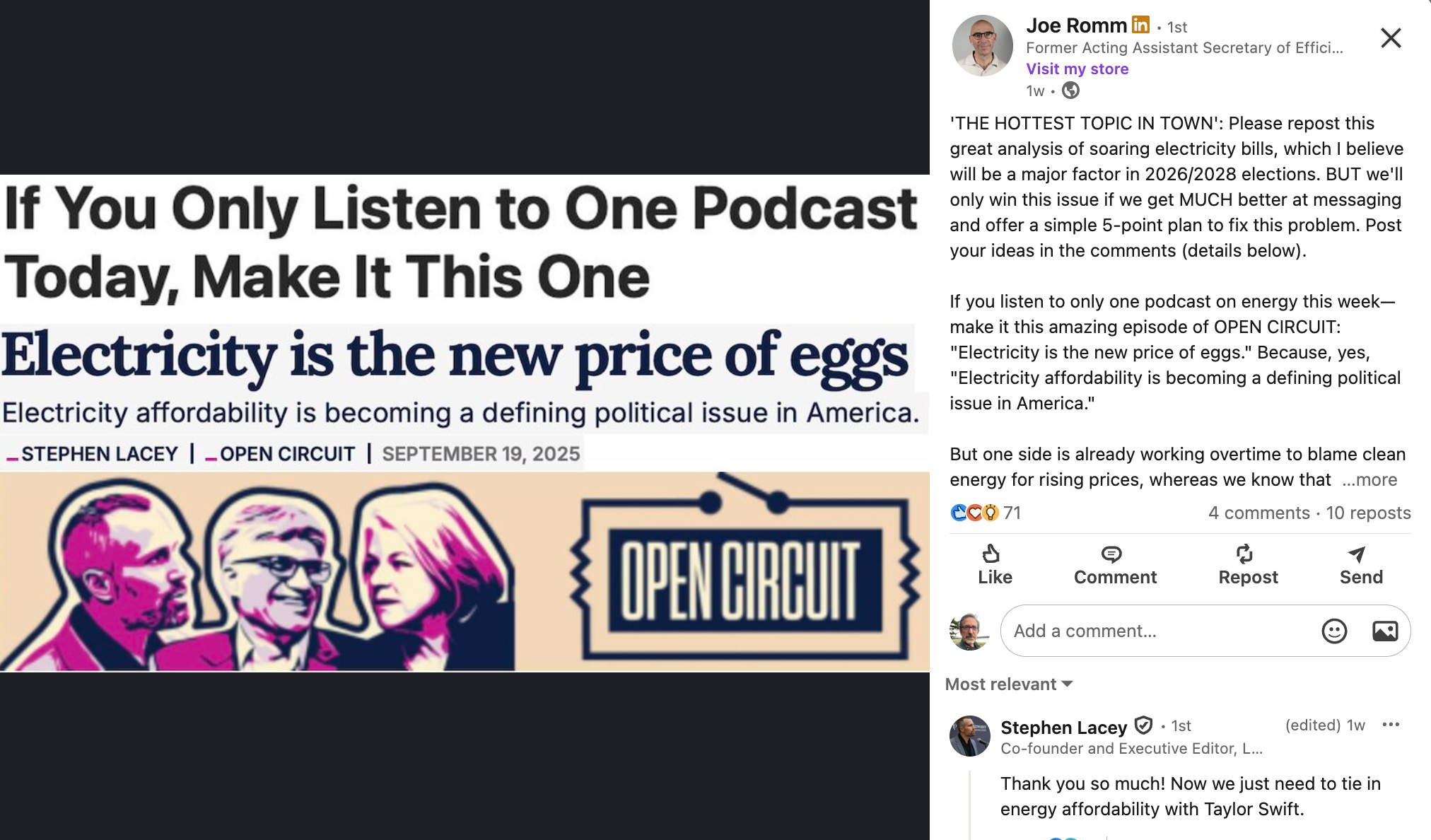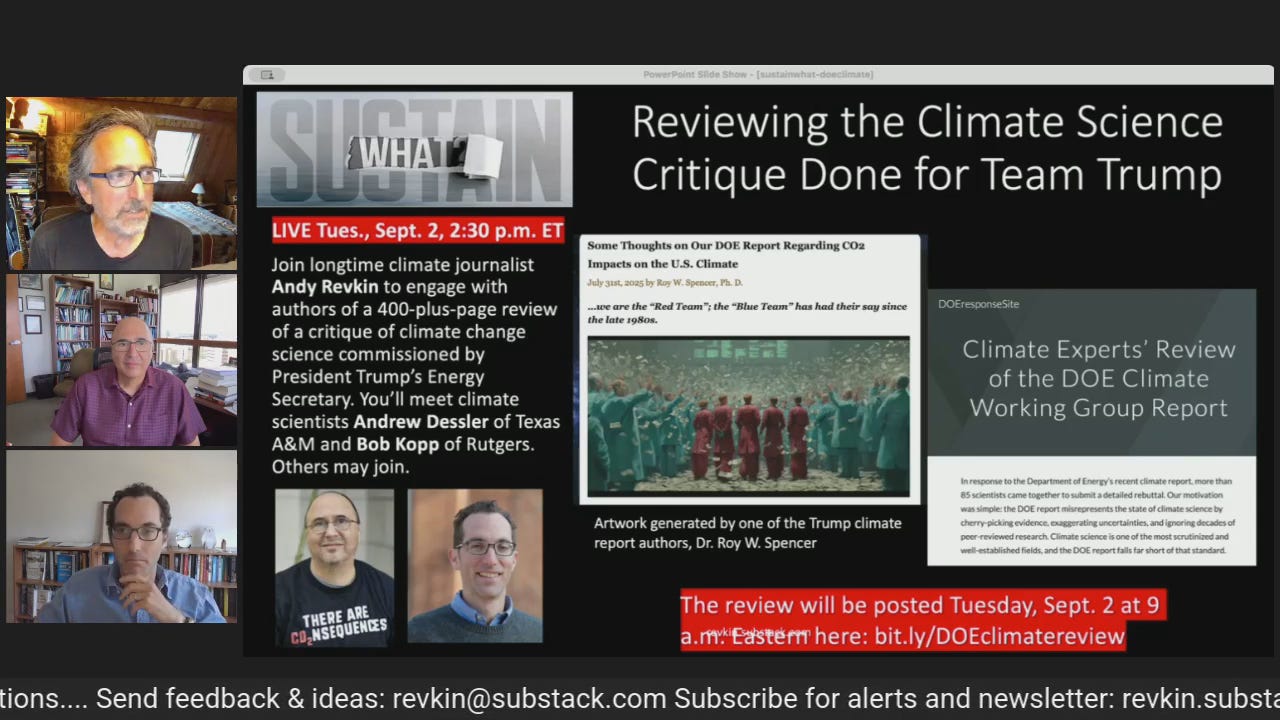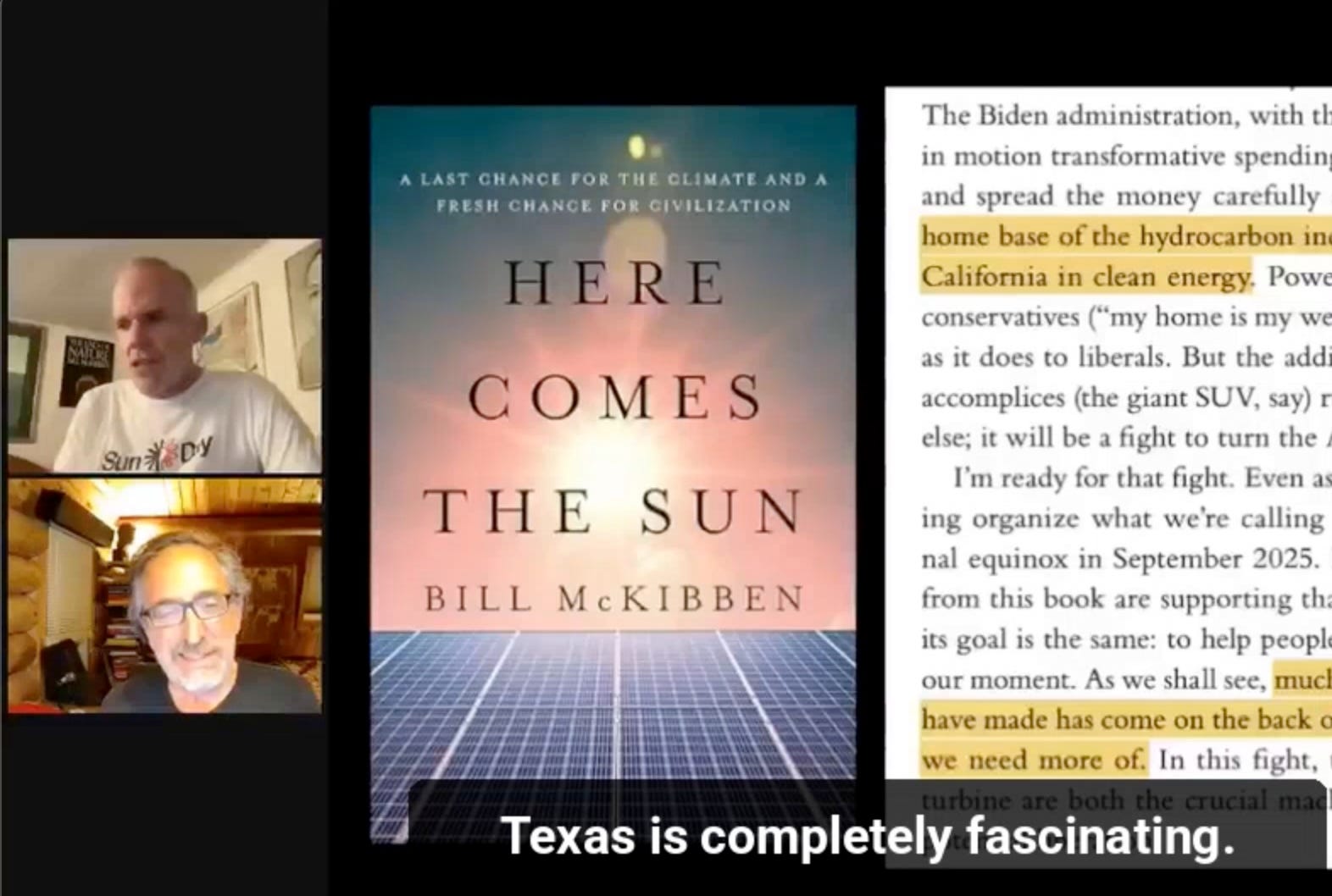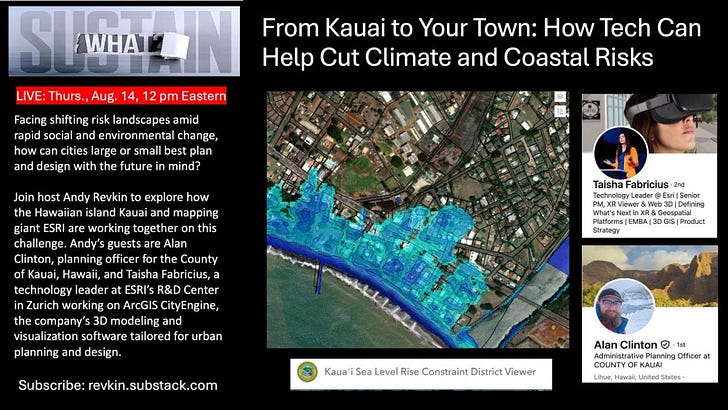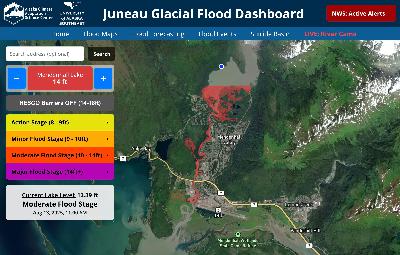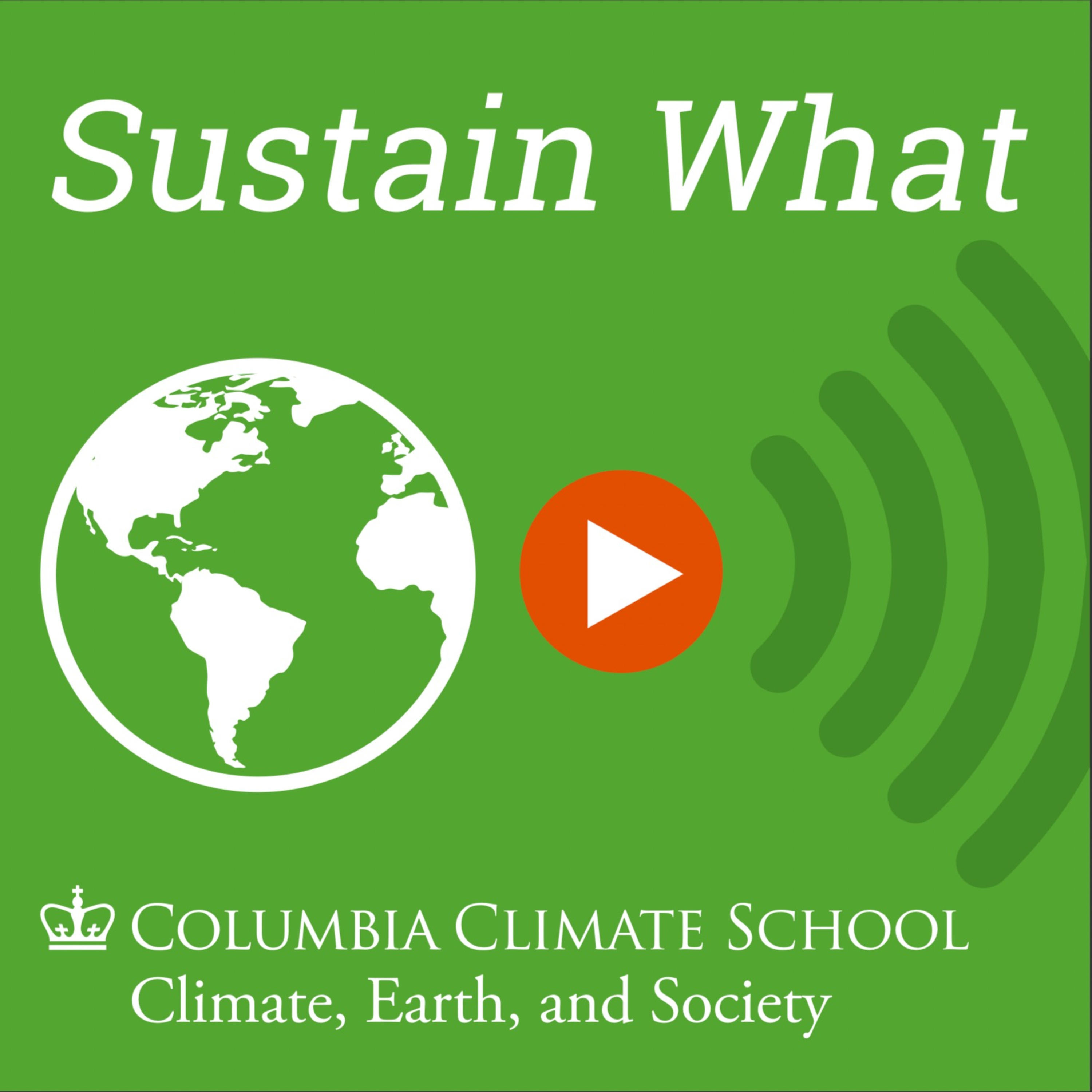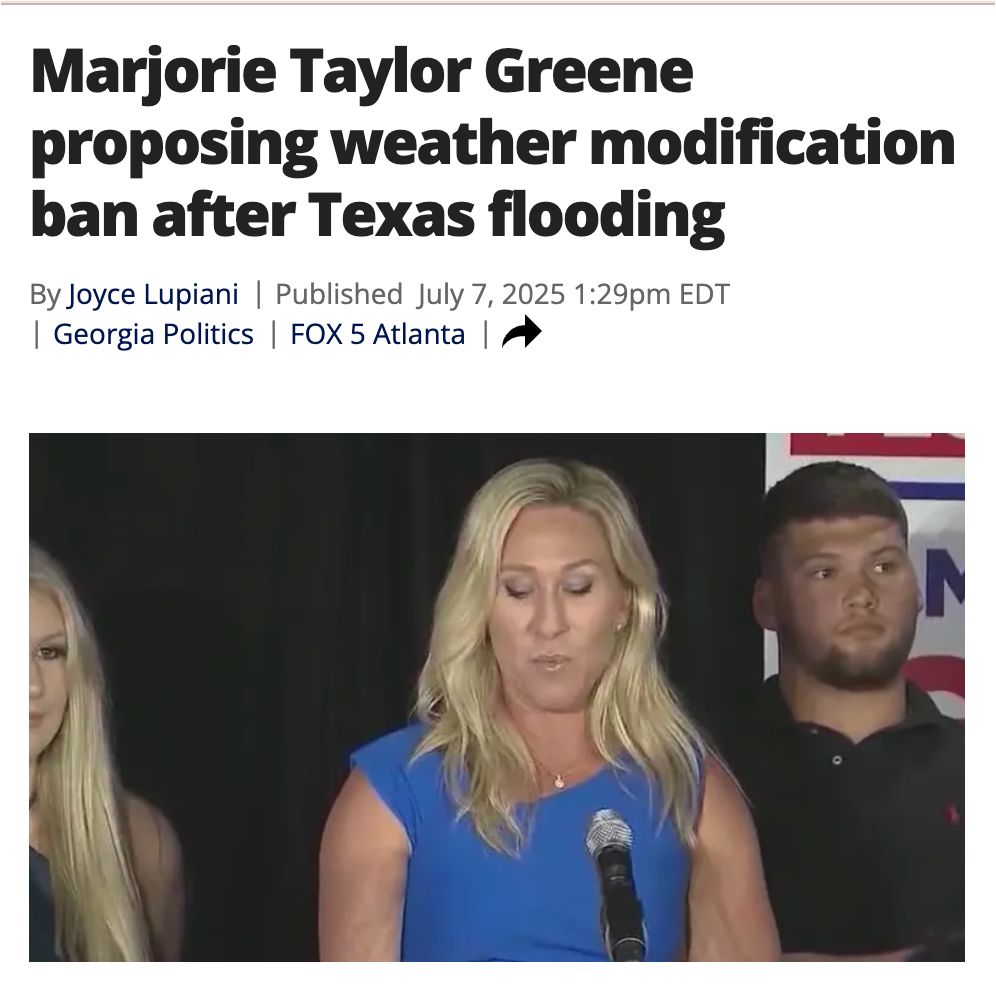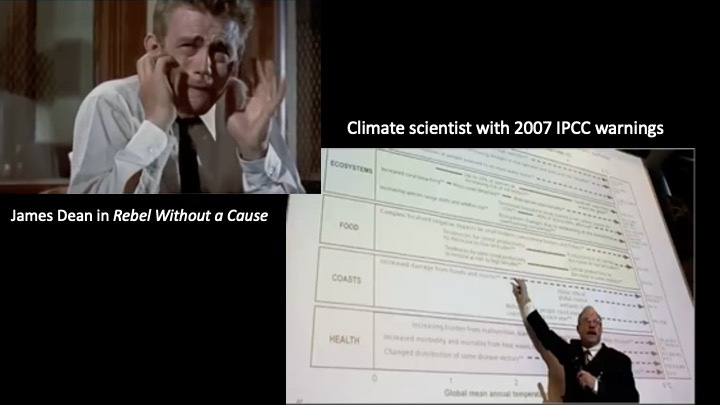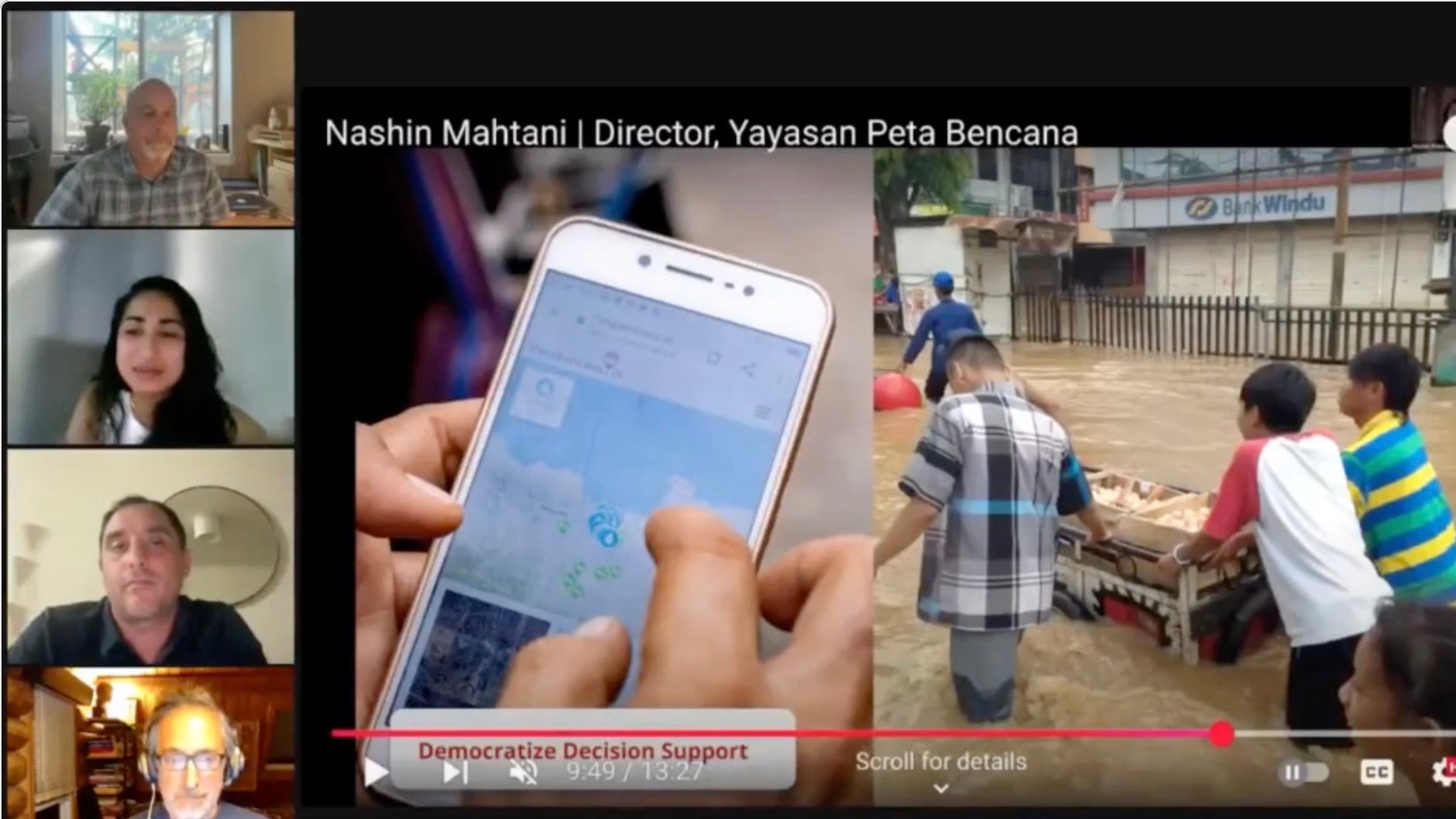A Fresh Look at Climate [In]Justice (and Trump 2.0) with Cass Sunstein
Description
I hope you’ll listen to, and share, this conversation on climate policy in the age of Trump (and lots more) with the wide-ranging Harvard economist Cass Sunstein. Sunstein worked under two presidents - Barack Obama (social cost of carbon) and Joe Biden (Homeland Security) - and has a new book out encapsulating his argument for a morals-based global accounting system for carbon: Climate Justice: What Rich Nations Owe the World—and the Future.
Sunstein actually has several books in the pipeline, including one on artificial intelligence and one on manipulation. Climate Justice is largely an update and defense of his conception of a social cost of carbon that integrates impacts across geography and into the future. Here’s the synopsis, which well captures my read of the book:
If you're injuring someone, you should stop—and pay for the damage you've caused. Why, this book asks, does this simple proposition, generally accepted, not apply to climate change? In Climate Justice, a bracing challenge to status quo thinking on the ethics of climate change, renowned author and legal scholar Cass Sunstein clearly frames what's at stake and lays out the moral imperative: When it comes to climate change, everyone must be counted equally, regardless of when they live or where they live—which means that wealthy nations, which have disproportionately benefited from greenhouse gas emissions, are obliged to help future generations and people in poor nations that are particularly vulnerable.Invoking principles of corrective justice and distributive justice, Sunstein argues that rich countries should pay for the harms they have caused and that all of us are obliged to take steps to protect future generations from serious climate-related damage. He shows how “choice engines,” informed by artificial intelligence, can enable people to save money and to reduce the harms they produce. The book casts new light on the “social cost of carbon,”—the most important number in climate change debates—and explains how intergenerational neutrality and international neutrality can help all nations, crucially the United States and China, do what must be done.
We talked about critiques of the social cost of carbon, including the argument of Noah Kaufman of Columbia’s Center on Global Energy Policy, who recently posited that Trump’s order eliminating application of this metric in U.S. policy had more merit than one might at first expect and next steps when someone reasonable takes office need not include reviving it:
Were a future US administration to decide not to reconstitute the SCC estimate, it would hardly be an exception. The European Union justifies stringent regulations based on climate threats, without assigning them monetary values. In 2009, the United Kingdom abandoned SCC-based appraisals and adopted an approach to valuing the benefits of emissions reductions that aligns the nation’s policies with its ambitious climate goals. The shift, officials explained, was motivated in part by “the considerable uncertainty that exists surrounding estimates of the SCC.” [5]
I may have them both on a future webcast to go deeper.
One chapter centers on adaptation to climate change and I brought up my argument against the use of this term (sure, I know it’s deeply embedded in the treaty etc…) given how so much of the loss being tallied these days is from vulnerability to today’s climate, let alone what’s coming. Here’s how I made that point:
Sunstein’s book stresses that indvidual choices matter along with big-picture policy architecture. He explores the concept of the “choice engine” (Energy Star labels, which Trump has been trying to kill, are one; Zillow’s climate risk data is another):
Please find time to listen to the full conversation and weigh in with a comment, or do the same (and share the webcast) on Facebook, YouTube, LinkedIn or my X account.
LIVE Thursday, 12 pm Eastern: How technology can boost community resilience
Facing shifting risk landscapes amid rapid social and environmental change, how can cities large or small best plan and design with the future in mind?
Join me to explore how the Hawaiian island Kauai and mapping giant ESRI are working together on this challenge. My guests are Alan Clinton, planning officer for the County of Kauai, Hawaii, and Taisha Fabricius, a technology leader at ESRI’s R&D Center in Zurich working on ArcGIS CityEngine, the company’s 3D modeling and visualization software tailored for urban planning and design.
Join us on Substack Live (on the app), Facebook, YouTube, or Linkedin.
Resources: County of Kauai Open Data Hub
Read: How Kaua'i County uses GIS to future-proof development
Read Taisha Fabricius's blog posts.
And of course revisit my coverage of the horrifice Lahaina Fire on Maui:
Sustain What is mostly labor of love but financial contributions from those who can afford it do make a big difference.
Thank you Lucy Gray, Gina Biekman, Robert M. Howard, Corinne Campney, Ellen Maidman-Tanner, and many others for tuning into my live video! Join me for my next live video in the app.
This is a public episode. If you'd like to discuss this with other subscribers or get access to bonus episodes, visit revkin.substack.com/subscribe

![A Fresh Look at Climate [In]Justice (and Trump 2.0) with Cass Sunstein A Fresh Look at Climate [In]Justice (and Trump 2.0) with Cass Sunstein](https://substackcdn.com/feed/podcast/1136572/post/170360219/caefacbefd025361c8a8311a6b25f6a0.jpg)
